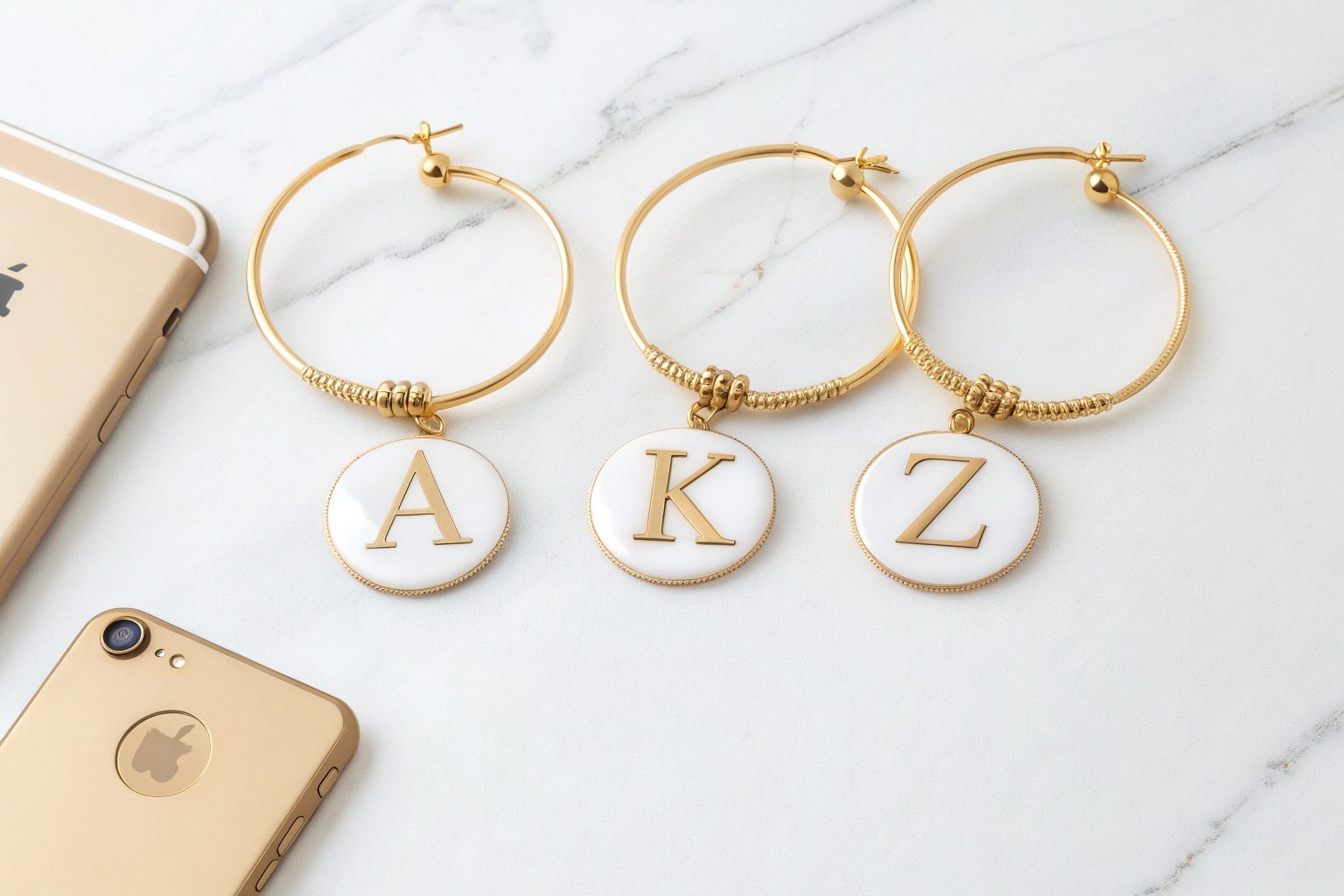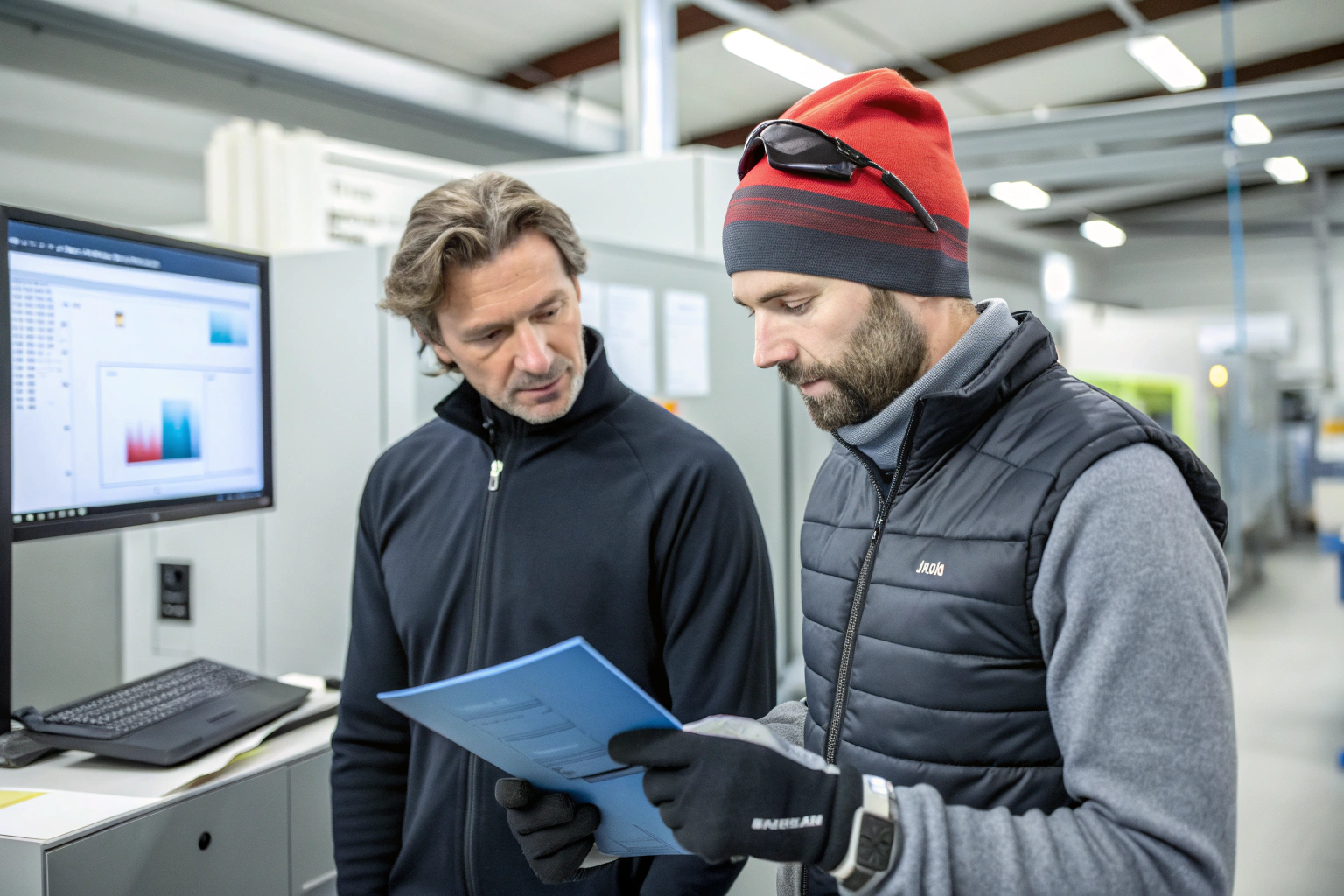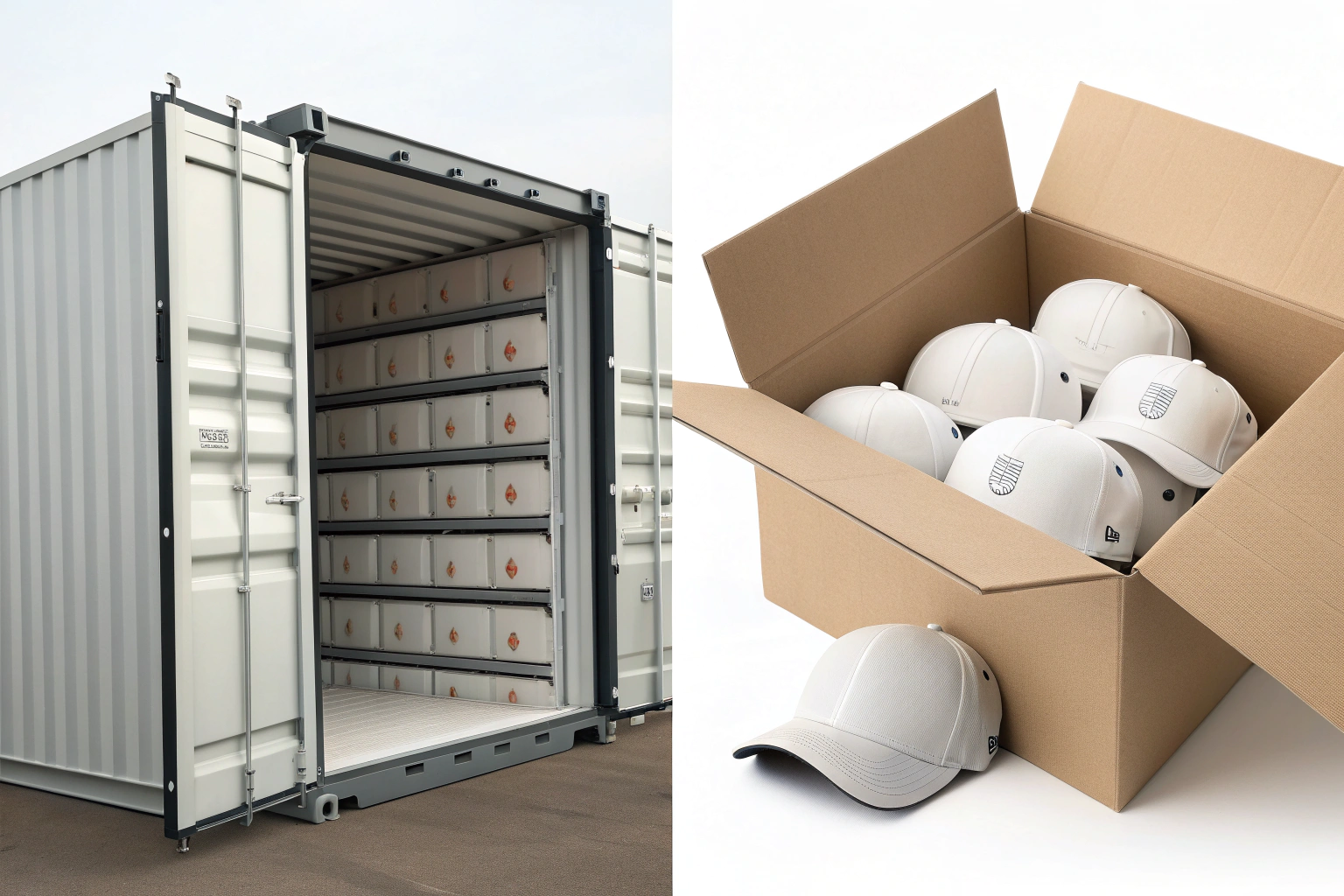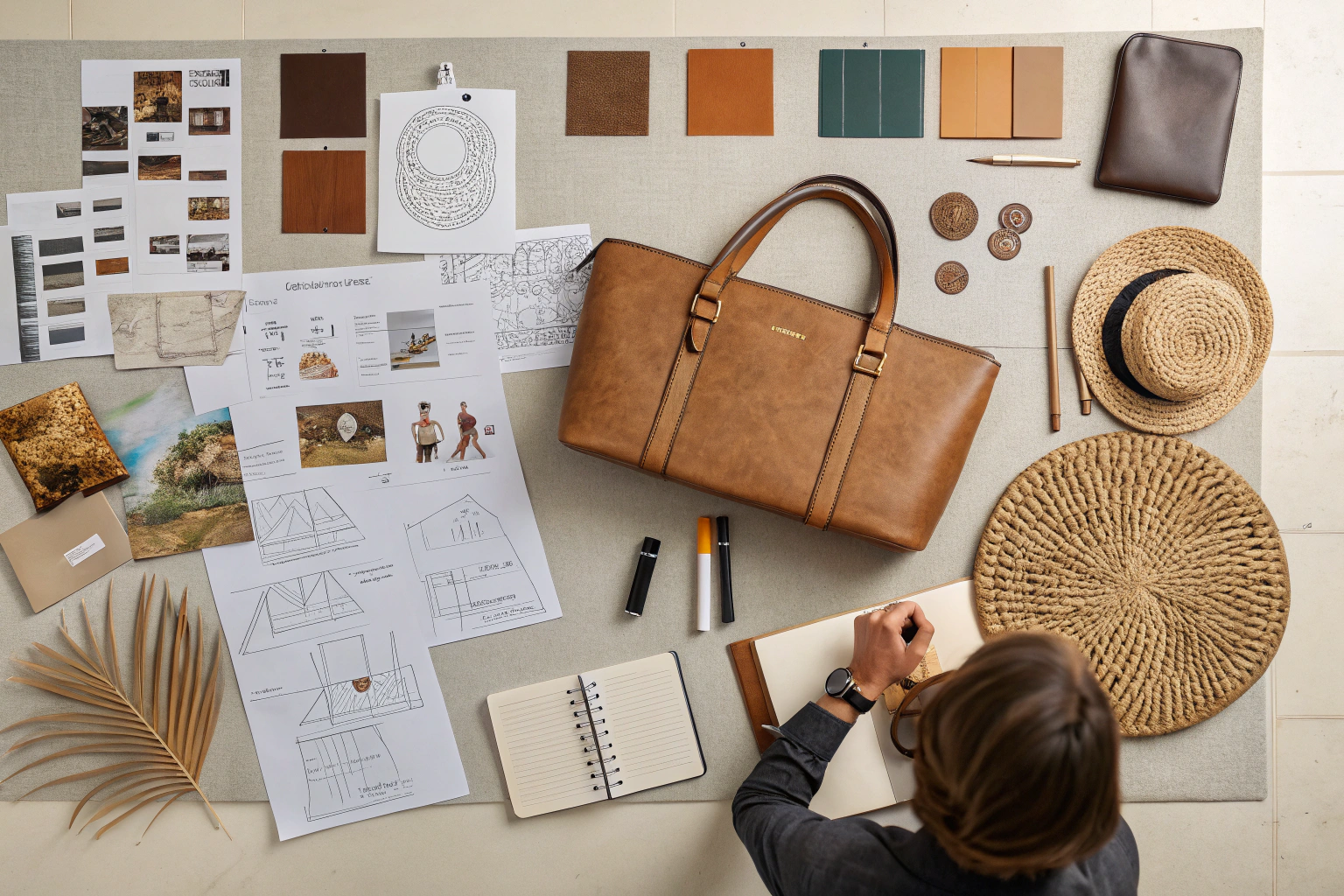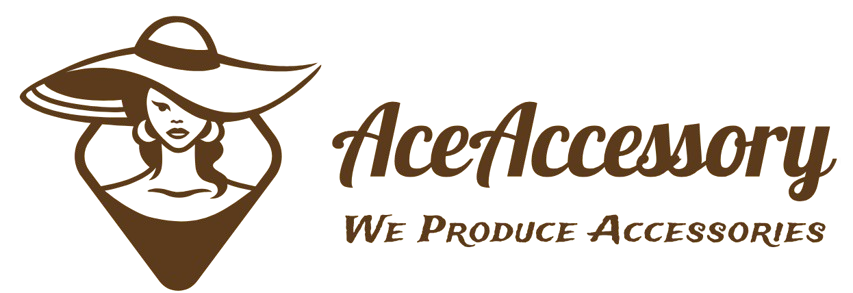Alibaba makes sourcing look easy—until it’s not. Many importers discover hidden risks only after losing money, time, or brand reputation.
Common pitfalls in sourcing belts and hats from Alibaba include dealing with trading companies instead of factories, poor product consistency, hidden costs, lack of compliance documentation, and difficulty resolving disputes.
At AceAccessory, we’ve worked with many clients who came to us after frustrating Alibaba experiences. Let’s explore what to watch out for—and how to avoid getting burned.
What are the disadvantages of Alibaba?
The platform opens doors—but not all of them lead to real manufacturers.
The disadvantages of Alibaba include difficulty verifying real factories, inconsistent quality across orders, communication barriers, fake certifications, and misleading product listings.
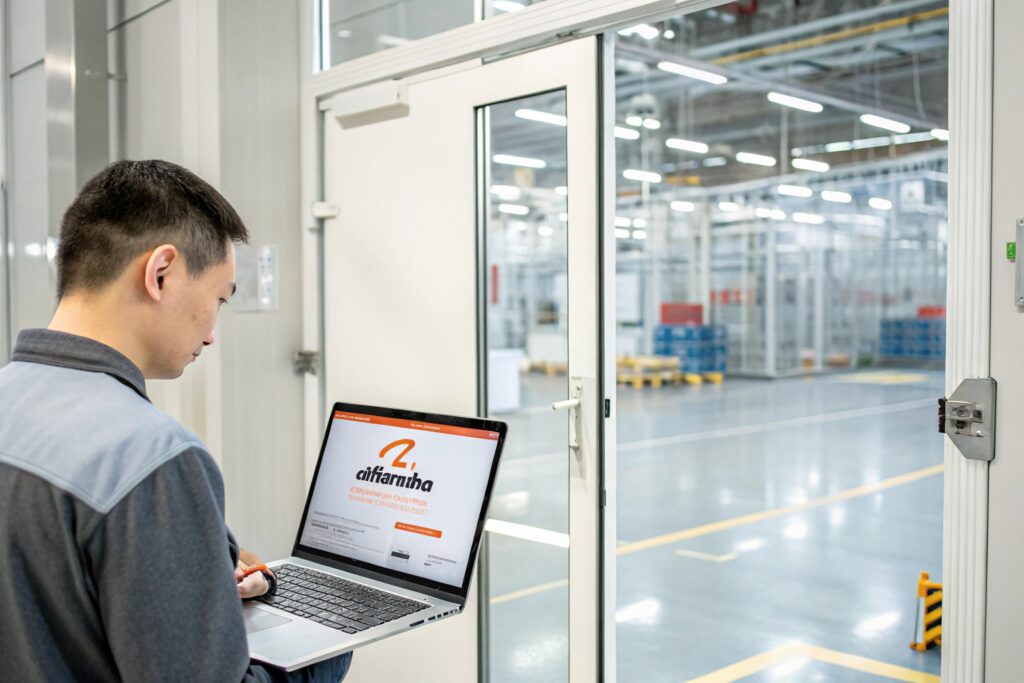
Why do problems happen so often on Alibaba?
| Issue | How It Affects Buyers |
|---|---|
| Trading companies posing as factories | Lack of production control and markup costs |
| Misleading MOQ and pricing | Prices advertised are often not real |
| Sample quality differs from bulk | Final order doesn't match approved sample |
| No after-sales support | Hard to resolve disputes or get compensation |
| Fake certifications or test reports | Leads to customs rejections |
One client came to us after ordering “100% wool hats” through a Gold Supplier. The product turned out to be acrylic blend—with no labels or compliance documents. They lost over $2,000 and couldn’t sell the stock.
Is it safe to buy equipment from Alibaba?
Belts and hats aren’t machinery, but similar sourcing rules apply when it comes to risk.
Buying from Alibaba can be safe if you perform thorough supplier verification, test samples before ordering in bulk, and use payment protection such as Trade Assurance. However, it’s still buyer beware.
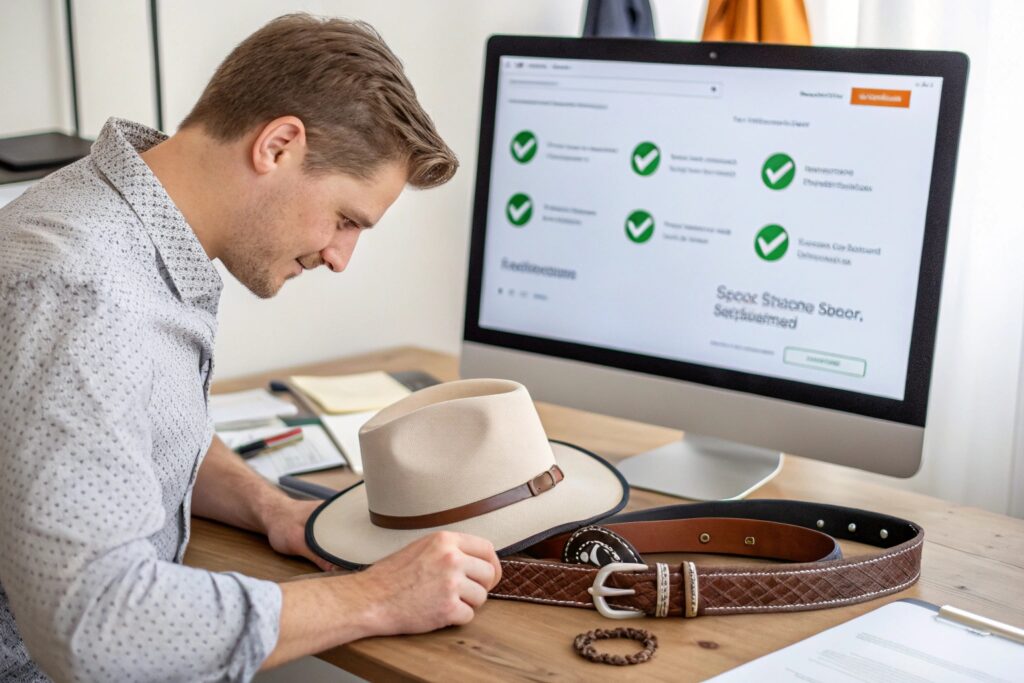
What makes a transaction “safe” on Alibaba?
| Factor | Role in Risk Reduction |
|---|---|
| Trade Assurance payment method | Allows refund claims for delays/defects |
| Verified Supplier badge | Confirms business license exists |
| Factory audit reports | Shows real photos and certifications |
| Video factory tours | Helps confirm manufacturer identity |
| Sampling process | Identifies product quality beforehand |
But even with Trade Assurance, claims can take weeks or months. And not all suppliers qualify.
At AceAccessory, we don’t list our best pricing or most updated designs on Alibaba. Many real factories focus on long-term clients outside the platform where they can offer better service and more customization.
What are the challenges faced by Alibaba?
The platform itself has limitations that affect both sellers and buyers.
Challenges with Alibaba include over-saturation of suppliers, unclear factory-trader separation, low barrier to entry for unverified sellers, and a focus on price over quality or compliance.
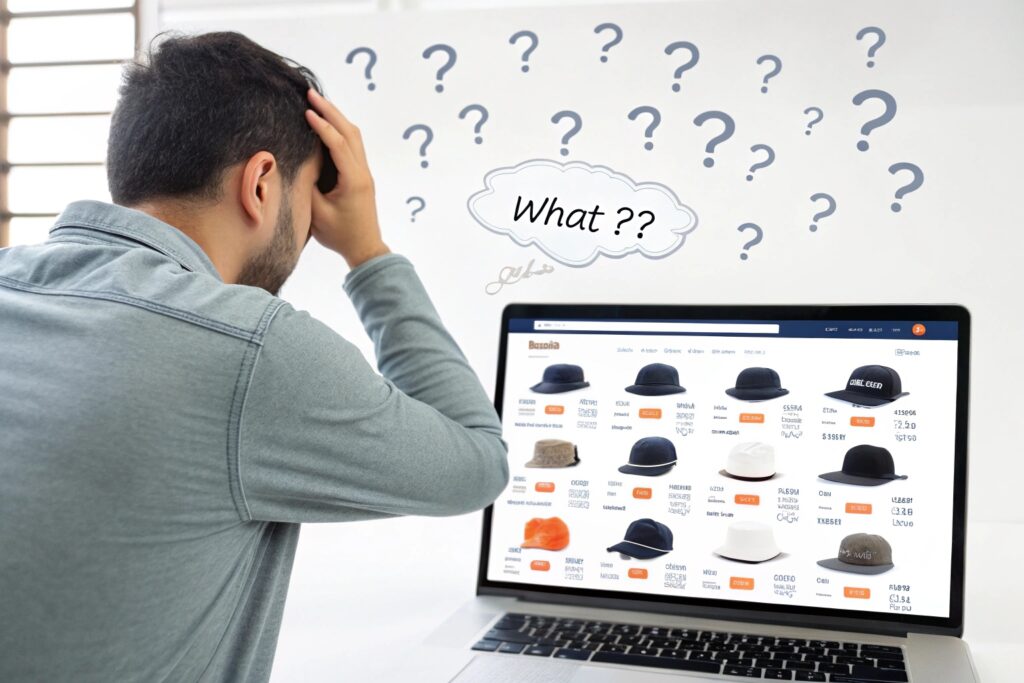
Platform-level challenges that hurt sourcing:
| Challenge | Impact on Accessory Importers |
|---|---|
| Too many “look-alike” suppliers | Hard to distinguish real factories |
| No real-time quality verification | Increases risk of receiving poor products |
| Focus on lowest price bids | Quality often sacrificed |
| Weak IP protection | Custom logos or designs may be copied |
| Poor customer service for B2B | Limited support during claim disputes |
One US client ordered PU leather belts from a seller with over 5 years on Alibaba. The bulk order arrived with crooked logos and off-center embossing. Despite dozens of messages, the seller stopped replying once the funds cleared.
When they switched to us, we provided:
- Transparent factory info
- Real-time production photos
- Sample approval by mail or video
- Post-delivery QC support
What are the criticism of Alibaba?
Alibaba has revolutionized global trade—but it’s not immune to scrutiny.
Criticism of Alibaba centers on lack of seller accountability, fake reviews, price manipulation, data privacy concerns, and the difficulty buyers face in holding suppliers responsible for poor products.
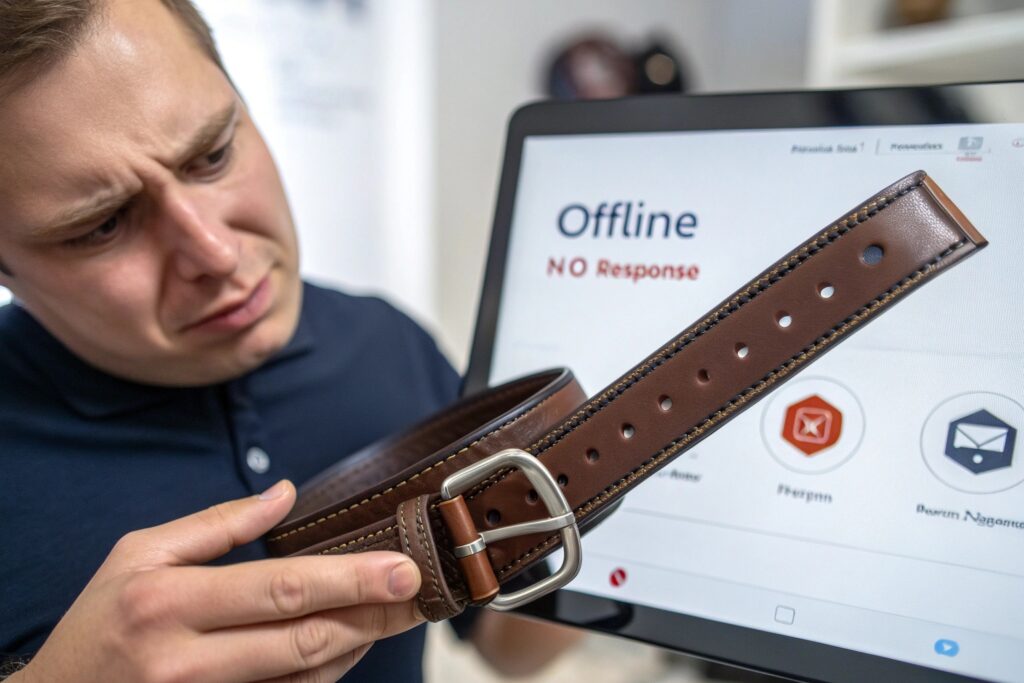
What are buyers saying?
| Criticism | What It Means |
|---|---|
| Too many traders | Buyers can’t deal directly with makers |
| Poor dispute resolution system | Long refund processes, low success rate |
| Fake Gold Supplier status | Paid badges don’t always mean reliable service |
| Confusing product descriptions | Misunderstood specs lead to returns |
| Platform fees + high freight | Actual cost higher than expected |
We’ve had brands come to us after sourcing hats on Alibaba that were supposed to be CPSIA compliant—but arrived with no labels, child warnings, or documentation.
In our model:
- All product specs are approved via sample and PDF
- Every order includes QC reports
- Our team speaks directly with buyers via email, WeChat, and video
- No hidden fees, no vague promises
Is Alibaba ever a good fit?
Yes—for:
- Sampling ideas
- Sourcing non-brand items
- Testing new categories
- Low-commitment first orders
But for branded accessory lines—especially those with packaging, labeling, and compliance needs—it’s better to work directly with real factories that know your market.
Conclusion
Alibaba can be a powerful sourcing tool—but it also carries real risks, especially for belts and hats that require precision, customization, and compliance. Always verify, test, and clarify. And when you’re ready to scale, consider working with a professional factory that offers full control, not just a price list.


